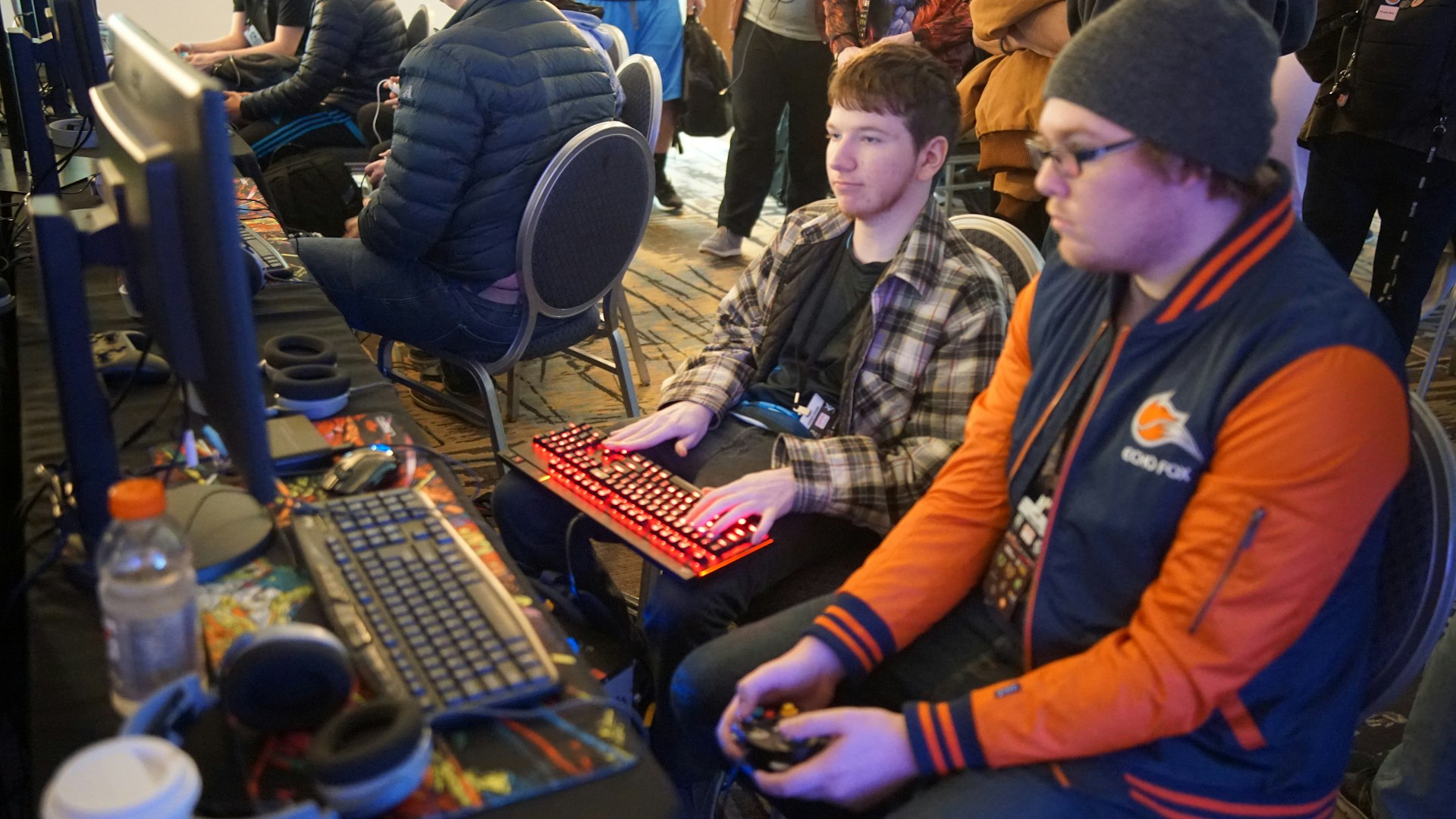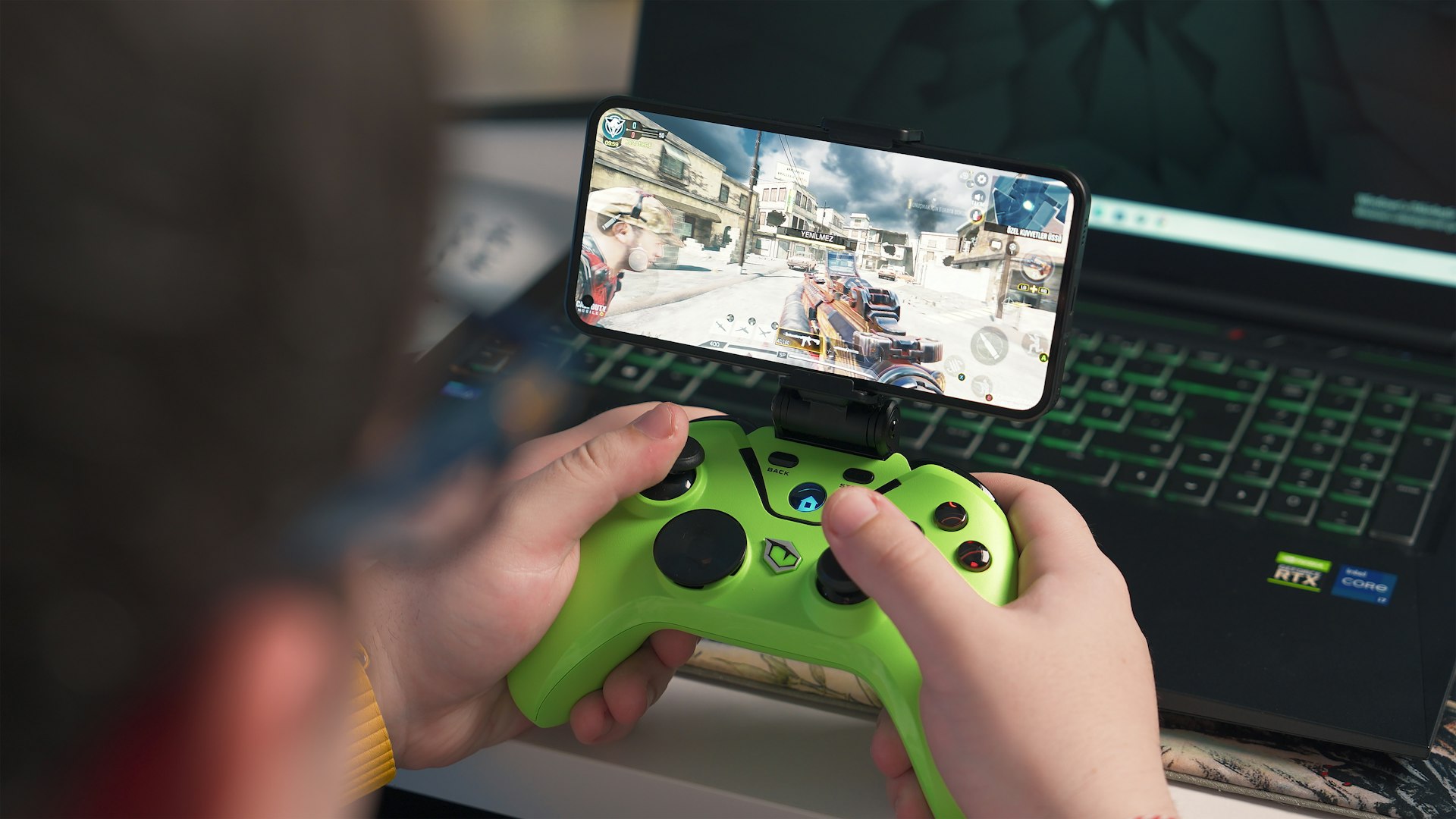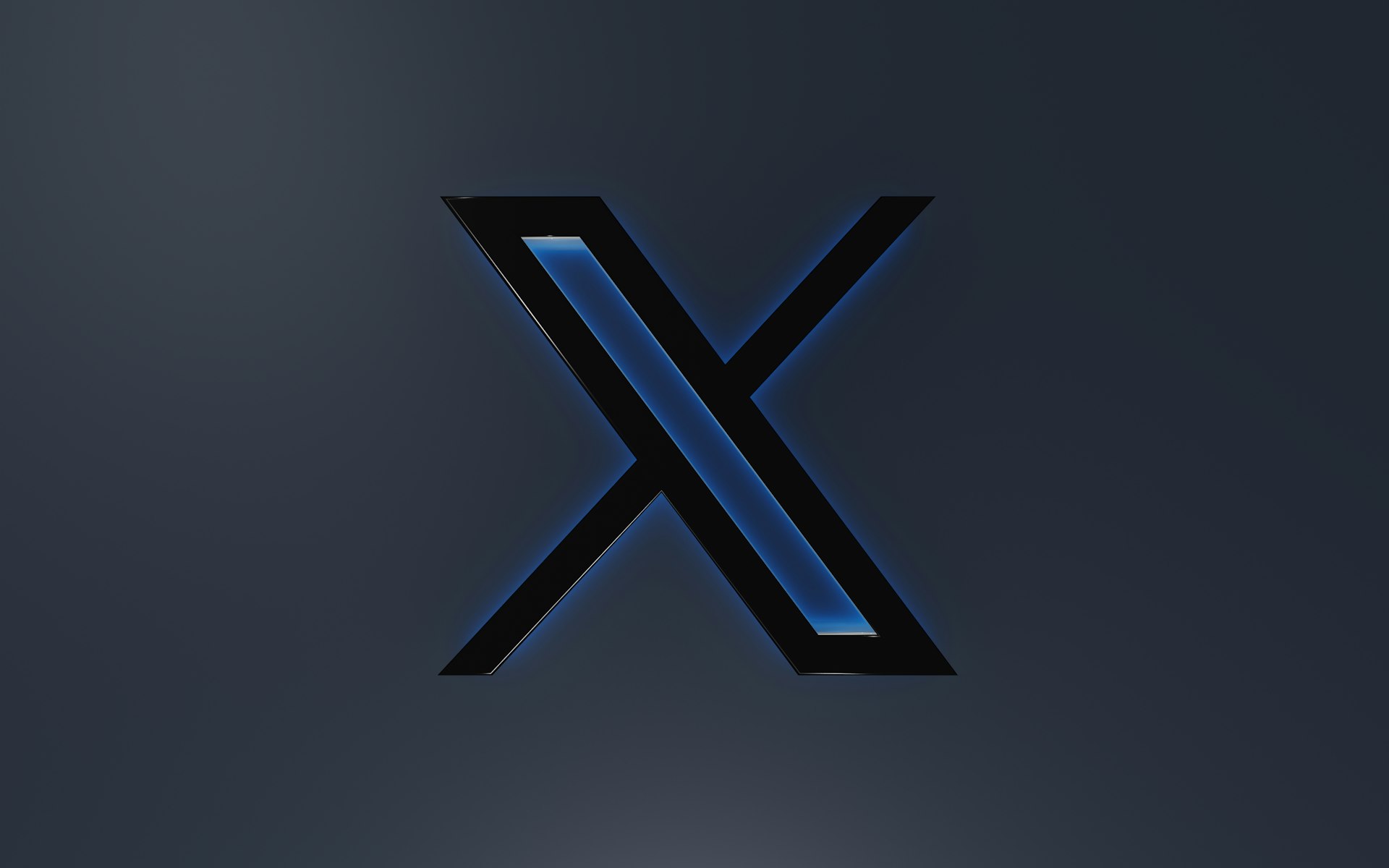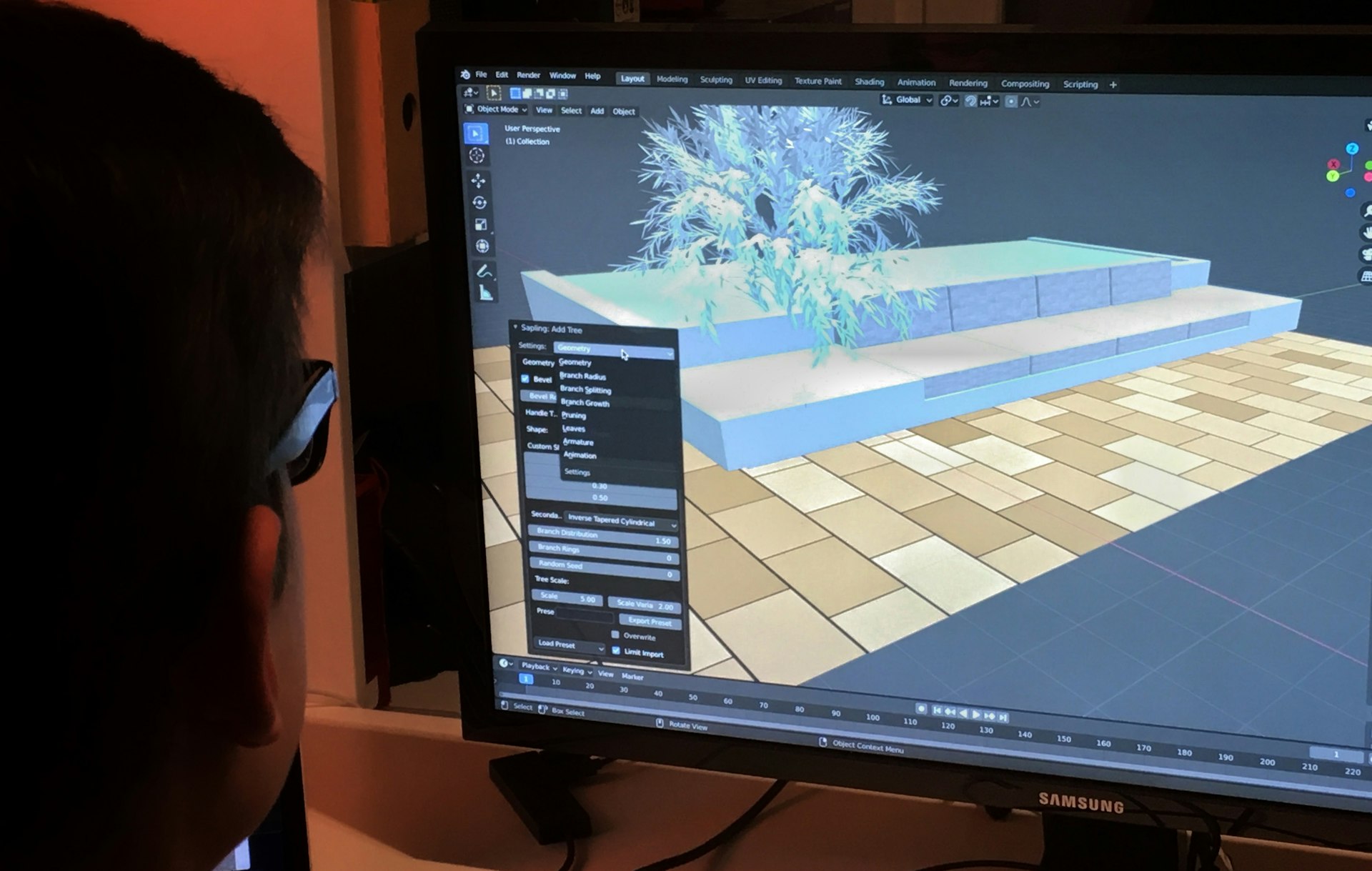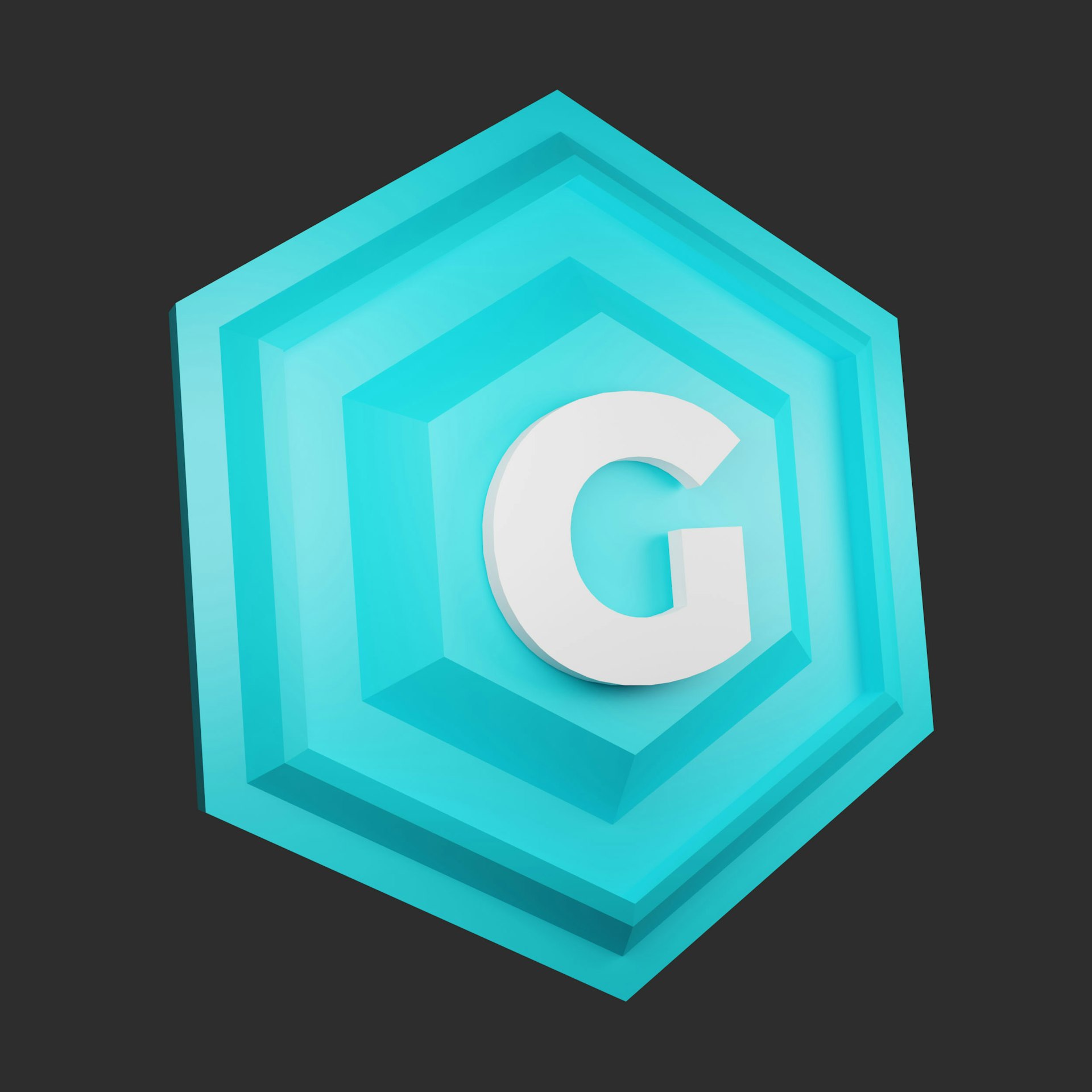Decentralized Gaming Platforms: Trends, Opportunities, and Practical Guidance for 2025 and Beyond

Photo by Harold Jonker on Unsplash
Introduction: The Evolution of Decentralized Gaming Platforms
The gaming industry is undergoing a profound transformation as decentralized platforms reshape the way players, developers, and communities interact with digital worlds. By leveraging blockchain technology and web3 principles, these platforms offer true asset ownership, enhanced transparency, and community-driven governance, providing new opportunities and challenges for all stakeholders. This article explores current trends, actionable steps for accessing decentralized gaming, and practical guidance for users and businesses aiming to thrive in this dynamic ecosystem.
Decentralization and Player Empowerment
Traditional gaming models typically restrict players’ influence over game content and asset ownership. Developers and publishers maintain control over in-game economies, updates, and progression, leaving players as passive consumers. Decentralized gaming platforms, powered by blockchain, flip this paradigm by enabling players to own, trade, and monetize their in-game assets via non-fungible tokens (NFTs) [1] . This shift not only empowers users but also fosters a more engaged and vibrant gaming community, where players can actively participate in governance and decision-making processes through mechanisms like voting with governance tokens [1] .
Practical Steps to Access Decentralized Gaming
To participate in decentralized gaming platforms, users should:
- Set up a secure crypto wallet compatible with popular blockchains (e.g., MetaMask for Ethereum-based games).
- Research and select reputable blockchain games such as Axie Infinity, Alien Worlds, Splinterlands, or Farmers World, which offer play-to-earn models and NFT-based assets [4] .
- Purchase or earn in-game NFTs to access gameplay and trading features.
- Join official community forums or Discord servers to stay updated on governance votes and platform developments.
For those new to blockchain, many platforms provide tutorials and beginner guides on their official websites. Always verify the legitimacy of a platform before engaging or investing.
True Ownership and Interoperability of Digital Assets
One of the most significant promises of decentralized gaming is true ownership of digital assets. Unlike traditional games where purchased items remain locked within a specific title, blockchain-based games allow players to trade, sell, or use their NFTs across multiple platforms, provided compatibility exists [3] . This new paradigm enables users to derive real-world value from their virtual possessions and participate in broader digital economies.
For example, Axie Infinity has demonstrated how players can earn cryptocurrency through gameplay, transforming leisure activities into potential income streams [3] . Similarly, games like Upland and Splinterlands allow trading of NFT assets on open marketplaces, with ownership records securely stored on the blockchain for maximum transparency.
How to Monetize In-Game Assets
To monetize assets in decentralized games:
- Identify games with active NFT marketplaces and a robust player base.
- Acquire valuable or rare NFT items through gameplay, purchase, or trade.
- List assets for sale on verified third-party platforms such as OpenSea or the game’s official marketplace.
- Follow recommended security practices when trading NFTs, including enabling two-factor authentication and verifying transaction details.
It is essential to use only reputable marketplaces and review player feedback for each platform. Most official game websites provide direct instructions for asset trading and wallet integration.
Security, Transparency, and Fairness in Decentralized Gaming
Blockchain technology ensures that all transactions, asset ownership, and game rules are recorded on a secure, immutable ledger. This transparency builds trust among players and mitigates risks of fraud or manipulation common in traditional online gaming environments [1] . Decentralized casinos, for instance, store every spin and deal on the blockchain, guaranteeing fairness and allowing users to audit outcomes independently [3] .
Players seeking fair gaming experiences should look for platforms with open-source smart contracts and published audit results. Many leading decentralized games offer public transparency reports and community-driven governance to further enhance accountability.
Key Trends Driving Adoption in 2025
In 2025, several major trends are accelerating the growth of decentralized gaming platforms:
- Mass Adoption of NFTs and Crypto: Blockchain gaming is rapidly introducing mainstream audiences to cryptocurrency and NFT ownership, with predictions of mass adoption by year-end [4] .
- Integration of DeFi Elements: Games are increasingly incorporating decentralized finance (DeFi) features such as staking, lending, and liquidity pools, enabling new ways for players to earn and invest [2] .
- AAA Blockchain Games: High-quality, big-budget games are entering the decentralized space, challenging perceptions and attracting traditional gamers [4] .
- Cloud Gaming and AI: Advances in cloud gaming and artificial intelligence are making decentralized platforms more accessible and immersive, with seamless cross-device experiences [5] .
Players and investors interested in these trends should review official announcements from leading platforms and monitor industry news for updates on partnerships, new releases, and regulatory changes.
Challenges, Solutions, and Alternatives
While the benefits of decentralized gaming are compelling, several challenges must be navigated:
- Regulatory Uncertainty: The legal landscape for crypto gaming remains in flux. Users should consult official government resources and seek legal advice before investing or launching decentralized gaming projects.
- Security Risks: Blockchain platforms are not immune to hacking or scams. Always use official wallets, enable security features, and avoid sharing sensitive information.
- Technical Barriers: Setting up wallets and understanding blockchain mechanics can be daunting for newcomers. Many platforms offer step-by-step tutorials and community support to ease onboarding.
As alternatives, users can explore hybrid gaming platforms that combine traditional and decentralized features, or participate in community-driven game development initiatives that emphasize transparency and user control without full blockchain integration.
How to Get Started: Step-by-Step Guidance
For those ready to explore decentralized gaming, follow these steps:
- Research current decentralized gaming platforms using search terms like “NFT games 2025”, “blockchain play-to-earn”, and “web3 gaming projects”.
- Set up a secure crypto wallet (MetaMask, Trust Wallet) and fund it with supported cryptocurrencies.
- Visit official websites of games such as Axie Infinity, Alien Worlds, or Splinterlands to review onboarding instructions and community resources.
- Join public forums and Discord channels for real-time updates, support, and networking with other players.
- Review platform documentation and privacy policies before making any purchases or sharing personal information.
If you encounter technical issues or need personalized guidance, consider contacting the platform’s official support team through their verified channels or searching for recognized blockchain gaming consultants.

Photo by Edvin Vasilionok on Unsplash
Summary and Key Takeaways
Decentralized gaming platforms are redefining digital entertainment by empowering players with true asset ownership, community-driven governance, and transparent economic models. While the industry offers unprecedented opportunities for engagement and monetization, users must navigate regulatory, technical, and security challenges through informed research and cautious participation. By following verified pathways and leveraging community resources, players and businesses can harness the full potential of decentralized gaming in 2025 and beyond.
References
- [1] Crypto.com (2025). The Decentralized Future of Blockchain Gaming.
- [2] OuterEdge (2025). Top Web3 Gaming and Entertainment Trends for 2025.
- [3] TechWeLike (2025). The Future of Decentralized Online Gaming: What’s Next?
- [4] Udonis Blog (2025). Key Blockchain Gaming Trends for 2025.
- [5] Vocal Media (2025). The Future of Virtual Gaming in 2025: Trends, Innovations and What to Expect.
MORE FROM zestpath.net


